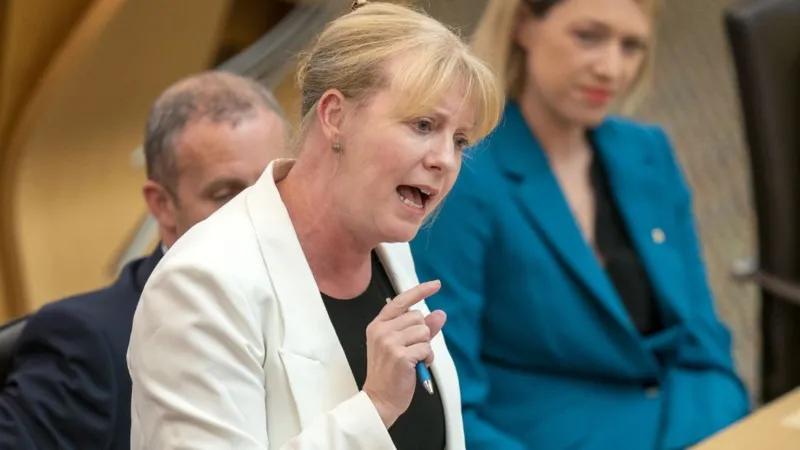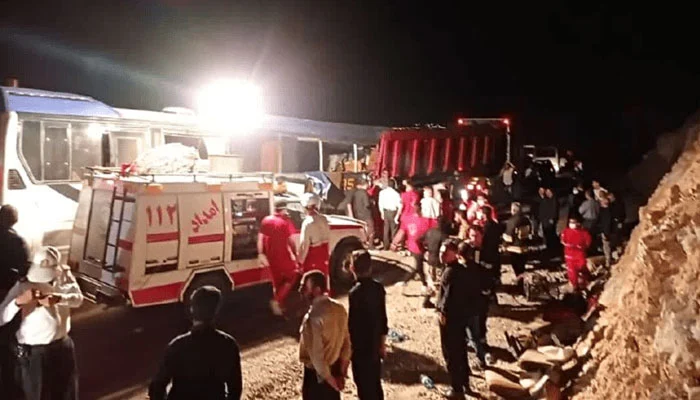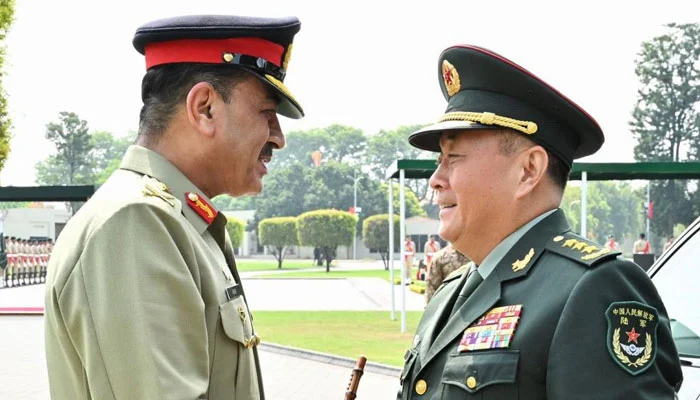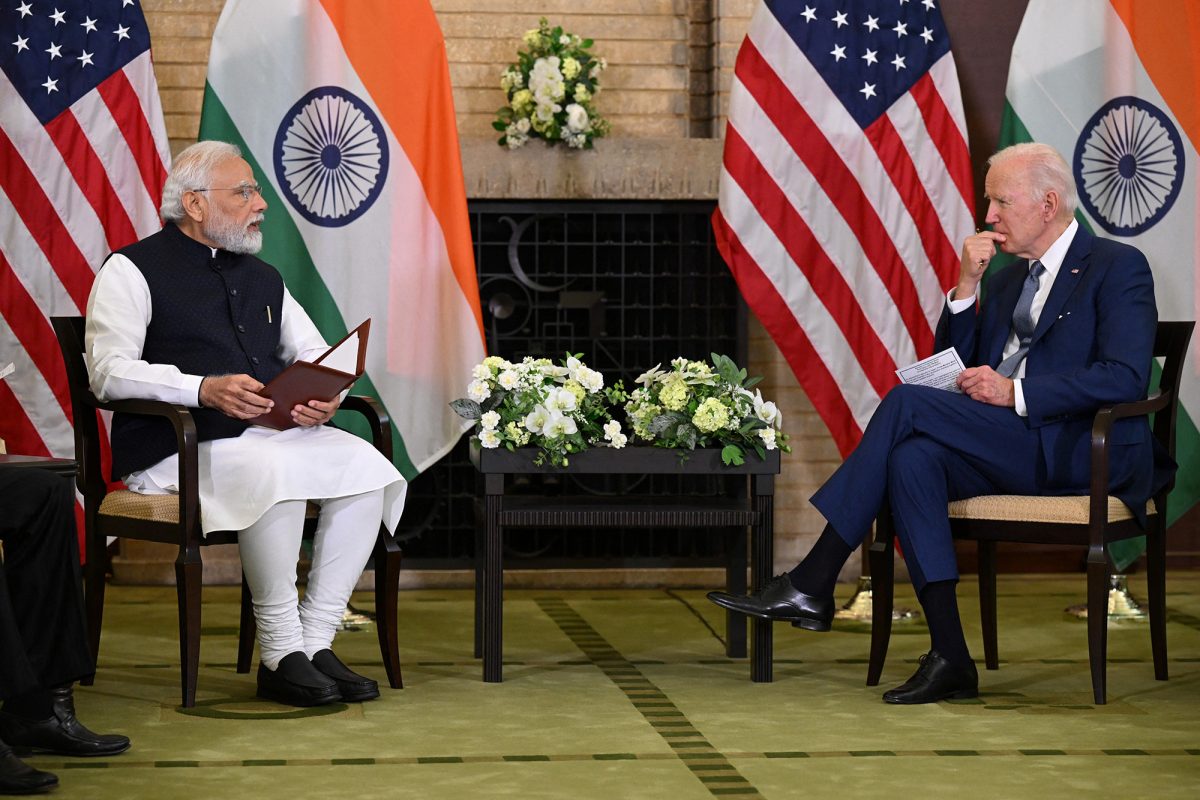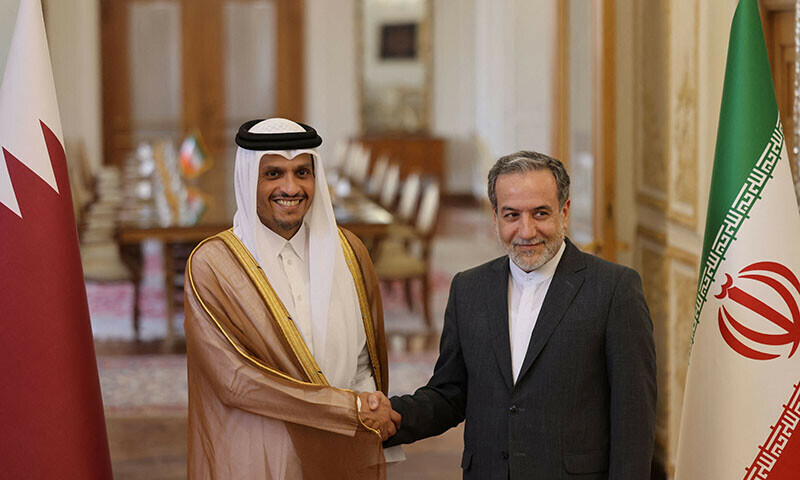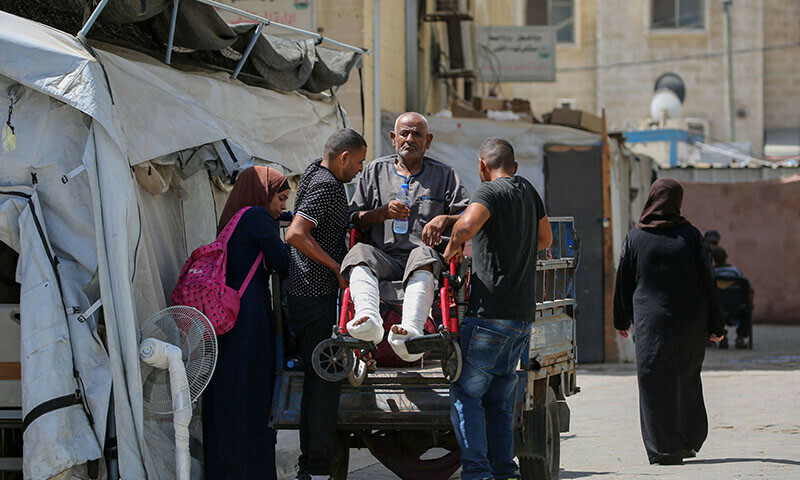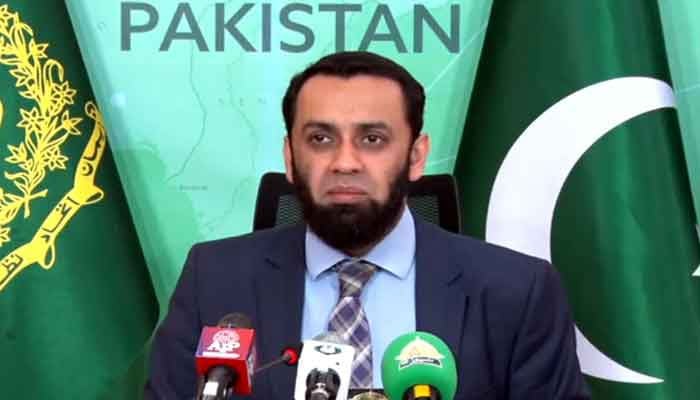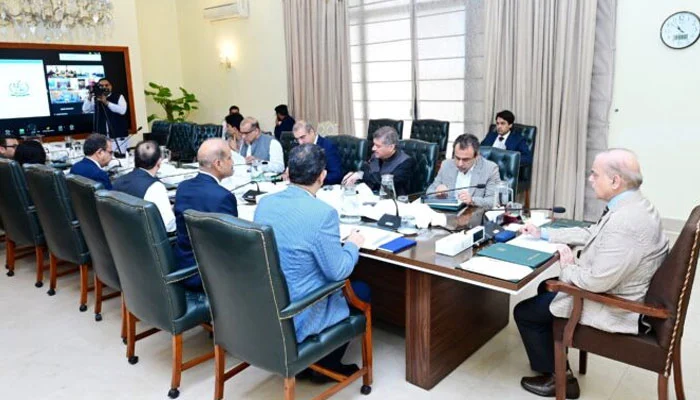An Iraqi criminal court on Tuesday issued arrest warrants for a businessman and a former government official wanted over their alleged involvement in stealing $2.5 billion of public funds.
The scandal, dubbed the “heist of the century”, sparked widespread anger in Iraq, which is ravaged by rampant corruption, unemployment and decaying infrastructure after decades of conflict.
The criminal court issued the warrants for businessman Nour Zuhair and Haitham al-Juburi, a former adviser to then prime minister Mustafa al-Kadhemi, state news agency INA reported.
The two suspects are among several facing a trial which opened in mid-August, but are on the run and failed to appear in court.
According to the tax authorities, the defendants allegedly expropriated the $2.5 billion between September 2021 and August 2022 through 247 cheques cashed by five companies.
The money was subsequently withdrawn — in cash — from the firms’ accounts.
The owners of those accounts — most of whom are also on the run — have also been subject to arrest warrants.
Around 30 suspects are facing trial, INA reported, including six already behind bars or awaiting extradition to Iraq, the national anti-fraud agency has said.
In October 2022, Zuhair was arrested at Baghdad airport as he was trying to leave the country.
A month later he was released on bail after giving back more than $125 million and pledging to return the rest in instalments.
Juburi also returned $2.6 million of the allegedly embezzled funds before disappearing, a judicial source told AFP.
The current whereabouts of both men is unknown.
However, wealthy businessman Zuhair was back in the news over the few days after he reportedly had a car crash in Lebanon, following an interview he gave to an Iraqi news channel.
“The Nour Zuhair affair is a scandal… that concerns the entire political system,” Iraqi journalist and commentator Hamed al-Sayyed told AFP.
He blamed the authorities for releasing him on bail two years ago, allowing him “to flee”.
“His release from jail, at a time when he was being investigated, shows that the political system, at the highest echelons, is complicit,” Sayyed added.
Corruption is endemic in Iraqi state institutions, with the top echelons of power often evading accountability.



